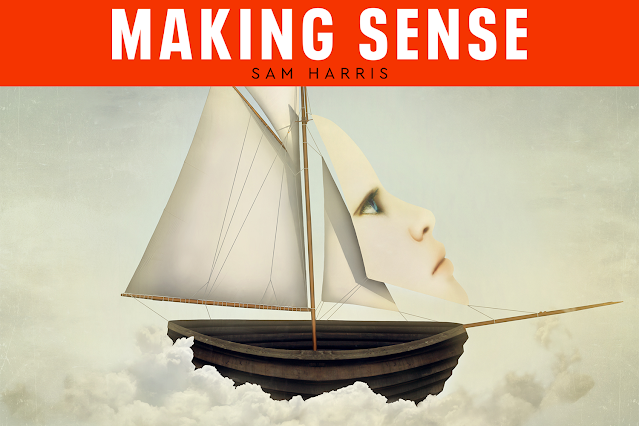Free will
Yesterday I was listening to an interesting podcast from Sam Harris on free will titled Final Thoughts on Free Will. I think he's written a book on free will and has discussed it in other podcasts, so I might see about finding those.
Anyway, Sam was saying that it's not a matter of deciding between whether things are deterministic or whether we have free will. His position is that the concept of free will itself is actually flawed. He says that thoughts really just pop into our head. Either the thoughts are based on our state of being at that time or they are random. If we the former, then the system is deterministic. If we think the latter, then really randomness has nothing to do with choosing like we normally think of with free will. So if we really think about it, free will makes no sense. We never really view things from an outside perspective where we actively choose what we think or what we want.
I can somewhat agree with his point, though Sam didn't really address the concept of mindfulness meditation where you try to watch your thoughts from an observer's point of view. And that's kind of odd he didn't say anything since he specifically has the Waking Up app and other podcasts about mindfulness meditation. But perhaps he doesn't think those change anything significant about his view of free will.
Also, I don't agree with Sam's conclusions on how his view of free will brings about a sense of morality. He seems to think that once we learn that we don't really have free will and the concept itself makes no sense, then we should automatically be inclined to forgive others more readily and be more patient. I don't see how that follows necessarily. People already inclined towards helping others will see how this fits. But other people are more likely to just say that since there's no free will, then they can do anything they want and say it wasn't there fault but just the fault of their circumstances. Basically what some people already do.

Comments
Post a Comment